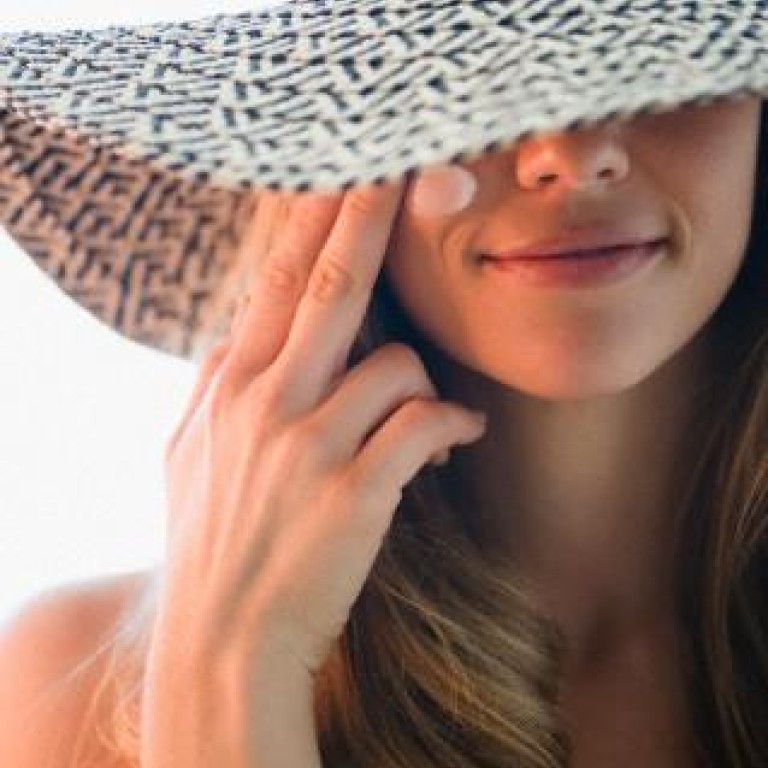Beat UV rays and pollutants this summer

These sprays, cream and mists to leave skin radiant
Sweat-inducing humidity one day, ageing sunshine the next and a drying air conditioner in between, Hong Kong's summer is a challenge for our complexions. You would have to have been on another planet not to know about protection for the skin, but are you protecting it from the correct threats and using the right weapons?
"Everyone should be aware of sun protection," says Dr Henry Chan Hin-lee, specialist in dermatology at the Hong Kong Dermatology and Laser Centre. He's stating the obvious but there are still far too many people aware of it yet doing little or nothing about it. Chan names photo damage as one of the three major factors responsible for causing skin ageing, alongside getting older and smoking. "Protection is universally important," he says.
Freckles, then age spots, are signs that skin has spent too long in the sun, but over and above being unsightly, pigmentation caused by the sun is a sign of accumulative damage, which also indicates a depletion of collagen in the dermis leading to wrinkles and a lack of skin elasticity.

Sunblock is most people's first line of defence, and Chan recommends using one with titanium dioxide, especially when playing sports. Most mineral sunscreen offerings, such as those from Coola and BareMinerals, include a blend of titanium dioxide and zinc oxide (another physical sunscreen).
However, its rather greasy, heavy texture can cause problems for those with oily skin that is prone to acne.
Newer technologies include lighter, hi-tech UV barriers, but Chan warns that they can create an allergic reaction in some patients. "When UV interacts with the products it can cause a photo-chemical reaction, in which case you should change to a different type," he says.
Case in point, Lancôme's UV Expert, whose new XL-Shield claims to give 12 hours of protection against UVB, and shielding the skin from UVA and pollution. UVA rays are more penetrative than the more intense but short UVB rays. While UVB is the main culprit when it comes to sunburn and the development of skin cancer, more research has been uncovering the part UVA plays.
"UVA rays play a major part in skin ageing and wrinkling," says Dr Gavin Chan, specialist in dermatology at Skincentral. "Studies have also shown that UVA damages skin cells called keratinocytes in the basal layer of the epidermis, where most skin cancers occur."
According to Lancôme, even more penetrative than UVA and UVB, longer XL UVA rays cause dull, dry and compromised skin, and XL-Shield has been specifically designed to block them.
And they're not alone. Biotherm's new UV Supreme boasts new UV filters that claim to defend against long UVA rays and damage-inducing particulate matter in the air. Chantecaille's Ultra Sun Protection SPF50 PA+++ is said to increase the skin's innate ability for protection from UVA and UVB by 50 times. Clinique has brought out their new Even Better Dark Spot Defense SPF 45 / PA++++ that's lightweight and prevents dark spots using a medical grade film barrier of finely milled titanium dioxide resulting in breathable protection against UVA and UVB.